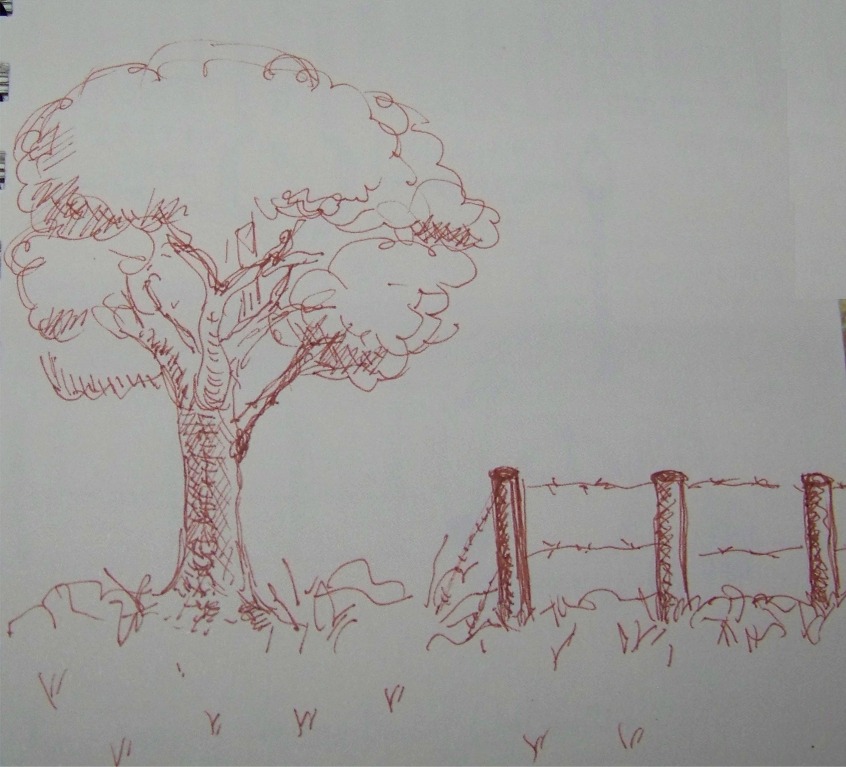
|
|
Morality, Religion and Baking Bread
What is the relationship between morality and religion? Is religion the source of morality? Is morality the goal of religion? Or, if not, what is the connection between morality and religion?
In the recent Philosophy Cafe discussion on morality, the relationship between religion and morality was one of the potential discussion questions. My view is that a harmonious personal and community life is one of the hoped-for results of religious faith; but morality is not an exclusive product of religion; and not the central goal of religion.
Biologists find evidence of moral behavior in many animals -- compassion, loyalty, self-sacrifice and cooperation. Scientists and social scientists theorize that conscious moral behavior emerged early in human existence, this emergence perhaps stemming from biological instincts or perhaps learned as part of the quest for survival, and probaby emerging in conscious thought early on, as language and human communication developed.
At the same time, early forms of religious practice also appeared early in human history; guided by an innate biological desire to search for meaning, a need for understanding emerging from life experiences, a supernatural spark of inspiration.
Early religious beliefs probably quickly became intertwined with the early search for morality. In any generation, now as well as in early human history, as people search for meaning, they are often drawn to seek a relationship with God, a spiritual path, as well as to seek ways of living with harmony and integrity in their environment, to find inner harmony in their relationship with God or the divine. As people form religious communities, they want guidelines to govern relationships within the community, and they also want guidelines for behavior that will "set them apart" to show that they are a special community, made special by their faith and beliefs.
From a Judeo-Christian perspective -- The stories of Abraham and Sarah, Isaac and Rebekah, Jacob, Joseph and his brothers were stories of people who were called to a relationship with God. The focus of the stories is on God reaching out to them and on their uncertainties about what that meant. The stories continue: stories about people learning to respond to God and working out how to live in a relationship with God. Ultimately, morality became an important part of that relationship. Prophets call for justice and fairness; proverbs describe right behavior. Jesus modeled and taught about compassion, mercy, forgiveness, healing and inclusiveness in his ministry.
The books of the laws of Moses -- often cited and questioned as a model of early religious moral codes -- do have many harsh and primitive prescriptions. But they also contain surprising insights and evidence that people were conscientiously working to understand what it means to be in a community of faith, perhaps different from others, hopefully fair and just to each other and to outsiders. Today, with the need to rediscover ways of living in harmony with the environment, readers find insights in these books of laws, including how to live respectfully with the land, be mindful of what to eat and not to eat, how to release debts and share harvests, and, in general, how to be fair to others.
But the Bible doesn't read like a how-to book about morality or harmonious living. It is a book of stories, prayers, laws, histories and letters, spanning many generations, with many different tones and themes. I think that the Bible is not "meant" to be a how-to book or self-help book; it is meant to be about an ongoing search for understanding and meaning through a relationship with God. You can find broad principles and inspiration as well as specific quotations in the Bible to help with moral decision-making. But because it's not a how-to book, one needs to examine moral questions thoughtfully, using common sense, compassion and an overall understanding about what it means to live harmoniously in relationship with God. For most of human history religion has provided an arena for conversations about how to live, inspiring people to ask insightful questions about fairness and justice and to continually look for answers.
But personal beliefs and moral actions may have many different possible foundations, secular as well many different formally or informally religious foundations. In virtually any humanitarian project or health clinic or community development program around the world, people from backgrounds of science, government, religion and more work together with shared goals. Fields such as health, education, environment, science and the arts have long histories of shared contributions from people with all backgrounds, religious and secular. This universalism has religious as well as practical foundations: the idea that the same voice speaks "to all and through all" - people as well as animals and all of nature - is found in biblical poetry as well as in the texts of many world religions. In a diverse and secular society, the search for a harmonious life, fairness, integrity and community is a more universal principle to tie together many different religious, cultural, social and political approaches to morality.
Recently, reading a commentary on the biblical book of Proverbs, I read that the book openly borrowed from other books of proverbs from other nations. That was a wonderful thing to learn. It shows a willingness by the Jewish authors to borrow ideas about morality from other religious or non-religious cultures. It suggests that morality might be not that different from other practical human needs and desires. Throughout history, communities have readily adopted practical skills from other communities -- how to use herbs for healing, how to build boats, how to catch fish, how to farm productively, how to make musical instruments, how to bake bread. Many of these skills become intertwined in religious practices, such as songs, proverbs and healing practices, but are still part of the common property of all people and not the exclusive knowledge of one religion or community.
J.M.L.
September 2011